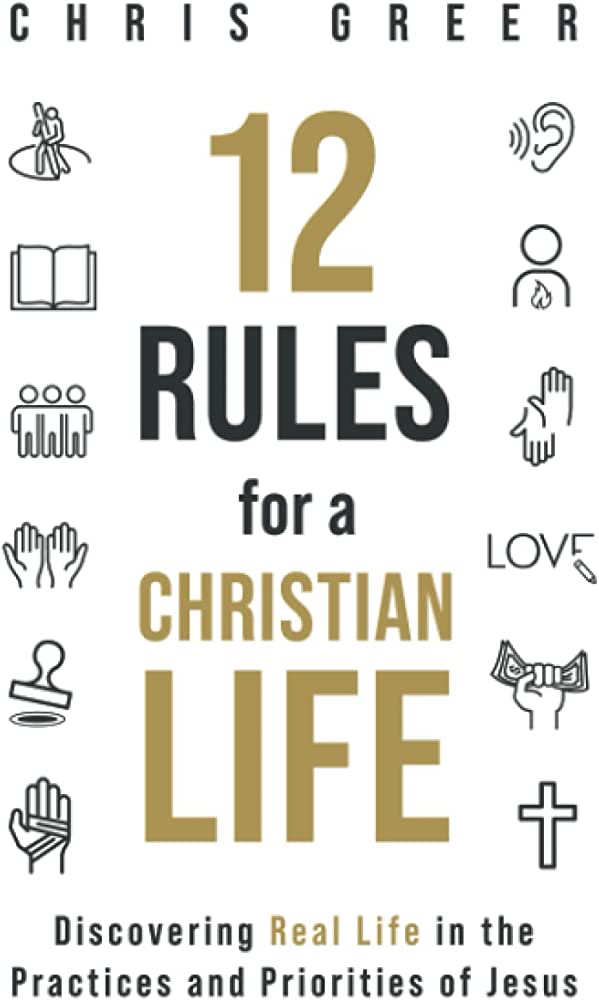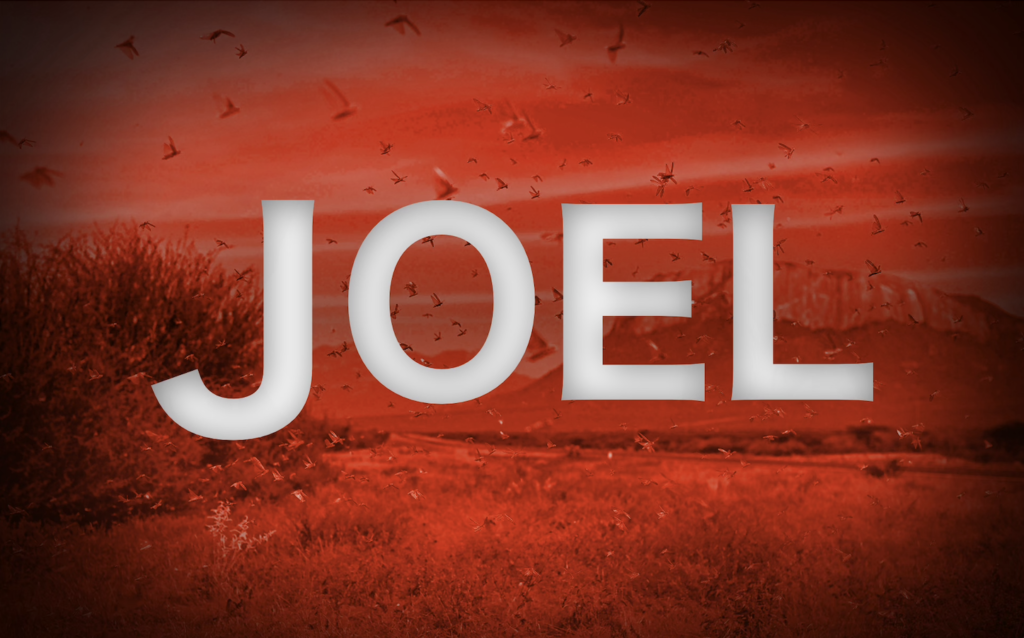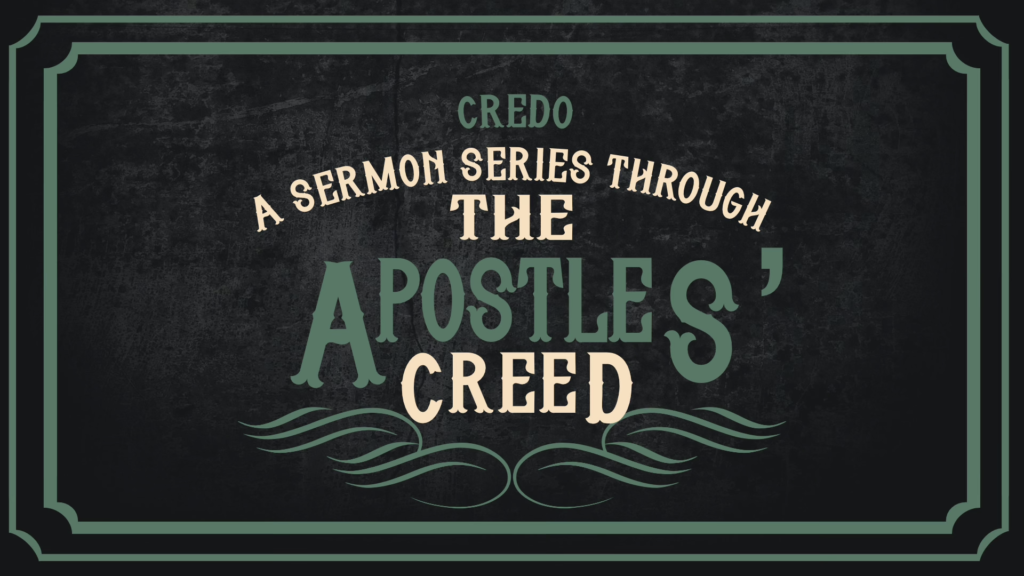
I am going to review and engage with Chris Greer’s book, 12 Rules for a Christian Life. This review will be bumped back up to the top of the page with each new installment. Chris and his family live in North Little Rock, Arkansas, and Chris is a member of Central Baptist Church. You can learn more about Chris, his projects, and his ministry here. I have come to have a deep appreciation for Chris and his approach to the Christian life. I am excited to journey through this book! Get a copy and come along!
Introduction
Greer begins by introducing us to his terms. By “rule” he does not mean arbitrary and scattered laws but, rather, disciplines. His use of the term is more akin to the monastic concept of “the rule” than the legal. It is interesting and refreshing to see the continued Protestant appropriation—in a healthy and good sense, I hasten to add!—of broadly monastic ideals. But Greer isn’t, it appears, engaged primarily with historical retrieval as much as biblical retrieval. His introduction positions this work tonally in line with evangelical spiritual formation literature (Willard, Foster, Whitney, et al.), but the conceptual foundation of it also aligns it with the argument of something like Greg Peter’s The Monkhood of All Believers: The Monastic Foundation of Christian Spirituality, and, before it, the new monastic movement. It will be interesting to see, as we go along, how Greer’s works substantiates or undercuts this initial impression. Even so, I certainly applaud Greer’s approach and look forward to diving in.
The first four rules, he tells us, are grounded in the first aspect of the greatest commandment: love of God. The next four in the second aspect: love of neighbor. The final four involve our relationship with ourselves. This is a helpful schema. It’s wholistic and and a clear approach to such a lofty goal.
I particularly liked this sentence: “The ideal human life is not a religiously observant one, it’s a relationally connected one” (7). I will remember that.
More to come!
Chapter 1—”Fight for Space”
This was a tremendous chapter. Greer begins the chapter talking about the hectic, crammed, “marginless” nature of modern life.
“There’s very little space.”
“We wear our business like a badge of honor.”
“What’s missing in our lives is space.”
Jesus is out ultimate model and He modeled a healthy approach to space. In discussing Jesus’ ministry, Greer finds a key: in the midst of His miracle-working frenzy, Jesus disappeared and did something life-giving for Himself: “He fought for space.” “The pressure was on,” writes Greer, “but the precedent was set: Jesus would fight for space.”
What does Greer mean by “space.” “By ‘space’ I mean purposeful time with the Creator…The space that is rule #1 for the Christian life is centered in relationship.” We need to make “a commitment to space.”
“The question is not, ‘Will God show up?’ The question is, ‘Will you and I show up?’ and ‘Do we have a good plan for doing so?'”
Helpfully, Greer has adapted Cal Newport’s four approaches to space from his book, Deep Work. Greer appropriates and renames these as:
Extended Space: long periods of silence
Sabbath Space: a full day of space / purposeful and uninterrupted / no less than 8 hours
Daily Space: the creation of a rhythm / quiet time with Jesus
Prompted Space: when life’s circumstances prompt you to create space / as-needed space
Greer then shows how Jesus demonstrated a commitment to each of these four kinds of space. He writes that “rhythm and space marked His ministry instead of panic and hurry.”
In the next section, “How You Can Fight for Space,” Greer offers some very helpful and very practical ideas:
- calendar it (even prayer!)
- get out of the house (a new space to carve out this habit / “Where can you go out to allow God to draw you in?”)
- Make repeat visits (routine / keep the same location, or “a handful of spots”)
- power down (“Your smart device is a serious devil.”)
Won’t the very fight for space wear us out? No, for as Greer points out, “space becomes a charging station for our Spirit-led and empowered life.”
Finally, Greer argues for “the daily pause,” an intentional “60-second” pause, twice a day, to be alone with God. Schedule the daily pause (Greer does 10 am and 2pm) and don’t skip it.
This was a very helpful, well-organized, accessible, biblically-grounded consideration of space: what it is, how Jesus approached this crucial area of life, why it matters, and how we can go about finding it and meeting God in it.
Chapter 2 – “Listen to Jesus”
Greer begins by establishing the connection between the first rule and the second: “The real purpose for making space is so that we can listen to Jesus in it.” Much is at stake in this listening: “If we don’t create space and listen to Jesus, we can miss the point of life.” And: “Religion without relationship is no different than secular atheism. Both lead adherents to roam from God, landing them in a narcissistic wasteland.” That is a powerful thought, and one worthy of deep consideration.
As with space, Greer demonstrates that Jesus followed the second rule as well: He listened. John’s Gospel establishes the fact that Jesus’ primary goal was to listen to the Father (i.e., John 5:19–20). “Jesus constantly listened for the Father’s voice and lived His life from what He heard.” This listening is not at odds with His saving work, rather, Greer demonstrates, Jesus’ listening was part of His saving work.
Not only does Jesus listen, He speaks. Greer points to Jesus’ presenting Himself as the Shepherd and His followers as His sheep: “and they will listen” (John 10:14–16). Greer is calling for “a conversant life with God” as the “core” of what it means to be a follower of Jesus.
How can we know we’re listening to Jesus’ voice? Greer helpfully points to John 1 and its description of Jesus as “the Word” (a point that, strangely enough, often doesn’t make it to our understanding of prayer because it stays only in Christology). But if Jesus is the Word then, whatever else it means, it means He is to be heard.
Here are some of the ways that Jesus speaks to us. Greer helpfully and effectively gives the biblical backing for each of these ways.
- desire
- doors
- dreams
- people
- promptings
- pain (“…pain is grace.” I very much liked this idea.)
- peace
Greer moves to a critically important question: “What if you don’t listen to Jesus?” The person who isn’t may be following the instructions of the Bible, but he or she is certainly not living the Christian life to the full. They are missing something powerful: a life of richness and fulness in the Holy Spirit. They are instead living a life that is “limited, dull, stuck.”
Finally, Greer speaks of his own approach to the rule of listening. He writes of his need for and practice of silence, reading scripture, prayer, and journaling.
Greer is a very good writer. The material is well-organized, effectively communicated, and very helpful! I’m enjoying this book very much. Highly recommended!
Chapter 3 – “Read the Bible Slowly”
After a helpful assessment of the hectic, distracted, exhausting nature of modern life, Greer asks a good question: “If the pace of our lives produces so little fruit, why do we keep running so fast?” The way we take in information today (i.e., quick bits of information flooding over us via the internet) affects how we read scripture. “Speed reading the scriptures” is not God’s ideal for us and our engagement with His Word.
Greer points to the temptations of Jesus in the wilderness to buttress his point. “Jesus fought His enemy with the truth of His Father’s Word.” We must read the Word in such a way that we are able to retain it, to remember it. This does not happen with fast, frantic skimmings of the Word. “We can only internalize it if we memorize it and we can only memorize it if we spend time reading it slowly.” This is what Jesus did: He “chewed on it…internalized it.”
Greer helpfully points to the difference between “access to God’s Word” and “reliance upon God’s Word.” “When we rely on the Word of God, we are relying on God Himself.” This sustained Jesus in His battle with the devil and, indeed, throughout the entirety of His earthly life.
Greer encourages a careful reading of Mulholland’s Shaped by the Word. We can read to be “informed” or to be “formed.” We don’t just read the Bible, it reads us. God’s Word is the primary way God speaks.
Greer asserts that the Bible is “for you” but not “about you.” God is who it is about. We come to the Word for wholeness.
We are to read scripture:
- intentionally
- prayerfully
- corporately
Greer calls upon us to read slowly. “God moves at a different pace than we do. And reading the Bible for formation requires slowing down, way down.” This will likely be difficult for many of us, given as we are to such a hectic pace. We also need to respond honestly and in real time to what we read in the Word, perhaps in a journal or through an immediate re-reading of the Word. Greer concludes by advocating lectio divina as a helpful practice.
This was a solid chapter and a good apologetic for reading scripture slowly and deliberately. Both new Christians and those who have been Christians for many years will benefit from Greer’s points.
Chapter 4 – “Become a Mystic”
Greer begins with a helpful assessment of the current zeitgeist. He begins with the Enlightenment, its move away from the spiritual to the intellectual, and its shift to rationalism. The problem is, Greer says, rationalistic thought leaves no room for the mystical. We know there is more than the “rational, observable, and measurable.” “Rationalism is useless in our pursuit of the who and why behind human life.” We now see “emotionalism” at work, which is the opposite extreme: everything is subjective, there are no objective facts, etc. We also have “egocentrism,” the “evil twin of individualism,” which means an obsession with our own perspective and only our own perspective. Both rationalism and emotionalism “leave no room for God.”
The “better option,” Greer says, is to “become a Christian mystic.” Jesus was a mystic, neither a rationalist or an emotionalist.
Greer points to the experience of the Mount of Transfiguration as an example of the mystical. In Mark 9:7–8, the Father declares Jesus to be HIs beloved Son. Greer notes that the disciples had seen the miracles but they needed also to experience the mystical to truly be able to understand Jesus.
Greer acknowledges that some in the Church see the word “mystical” as a negative. I’m glad he acknowledged this. Though this has likely changed somewhat, there are undoubtedly many in SBC culture who see the word “mystical” as if not problematic then at least eyebrow-raising. That has been my experience anyway. But Greer is arguing that, properly understood, all Christians are mystics.
He points next to the High Priestly Prayer of John 17:20–23, 26. He highlights the language of the followers of Jesus all being united to Him and to one another. Greer highlights other “mystical” passages: John 14:20, 15:4–5; 1 Corinthians 3:16, 6:17. All of these speak of our union with Christ, of our being joined to Him.
Greer next provides something of a definition of mysticism as he is using the term: “open[ing] your heart to the spiritual reality of God.” This is helpful and needed. In the ecclesio-cultural context I inhabit, that definition should likely be offered pretty early on, given how loaded that word is to some. Nearer the end of the chapter Greer argues that Christian mysticism refuses to believe that the measurable and the quantifiable are all that there is. It is an openness to the reality that there is more, much more, than we can see.
Greer appeals next to 1 Corinthians 15:12–20 and notes that we base our entire faith on one historical miracle. And, he argues, miracles continue to this day. Among these miracles, Greer points to God’s presence, God’s speaking, God’s listening, God’s dwelling with and in us.
Greer argues that if we fail to embrace the mystical we will miss a vitally important aspect of the Christian life and will walk with a spiritual limp. This is well-said and I agree completely. This was a helpful, strong, and through-provoking chapter.
Chapter 5 – “Join the Church”
In chapter 5, Greer makes his (convincing) case that the New Testament picture of life in Christ is a picture of life together in Christ. He warns against the modern phenomena that threaten Christian community (the church), and discusses our screens, our cheap substitutes for real community, self-sufficiency, and sin. This was well done and it brought to mind C.S. Lewis’ jarring idea of what he called “the heresy of Jesus-and-me.” In my own tribe—American, Baptist, Evangelicalism—there is a real tendency toward low ecclesiology and hyper-individualism, so I really appreciated this chapter.
I also appreciated the fact that by “joining” the church, Greer means not so much officially joining in a paper-work and institutional sense (though he is not opposed to this), but rather joining in an organic, life-together sense. He speaks of his and his family’s own journey in doing this: joining the church and then deeply connecting with a group of friends who shared their stories and their lives together.
This was another good chapter that calls us to a high ecclesiology arising from a high Christology. We “join” the church because Jesus has called us to be the church and Jesus has called us to be the church because He has so made us that we thrive together, in community, as His body.
Chapter 6 – “Don’t Just Sing There”
This chapter is about worship. Greer first argues that worship is more than singing, though the two terms have become, in evangelicalism, coterminous. Music and singing are vital components of worship, but worship is more than music and singing.
Greer next moves to a definition of worship:
- Worship is a response to God.
- Worship is both personal and corporate.
Greer writes: “Worship as a living sacrifice is sacrificial living. It’s a moment-by-moment, day-by-day, year-in and year-out volunteering of all our mind’s thoughts and our body’s actions to him and for him.” That was well said!
Greer points to Jesus’ confrontation with the religious elites of the Judaism of His day (as recounted in Matthew 23) and how Jesus called out their hypocrisy and their showy, empty religion. “They were like the lung doctor who chain smokes,” writes Greer. Our religion and our worship can be rendered obscene by our lives. Greer observes: “Biblical worship is deeper than religious activity.” Greer points to the widow and her mite (Luke 21:1–4) as a picture of true worship.
Greer returns to his theme that worship, biblically understood, is a way of life, a kind of living, not just limited to singing. To worship is to do everything we do, every day, for God, indeed to work for Him. “Worship is action that proves our allegiance.” He concludes with some very helpful and practical ways that he strives to live a life of worship.




